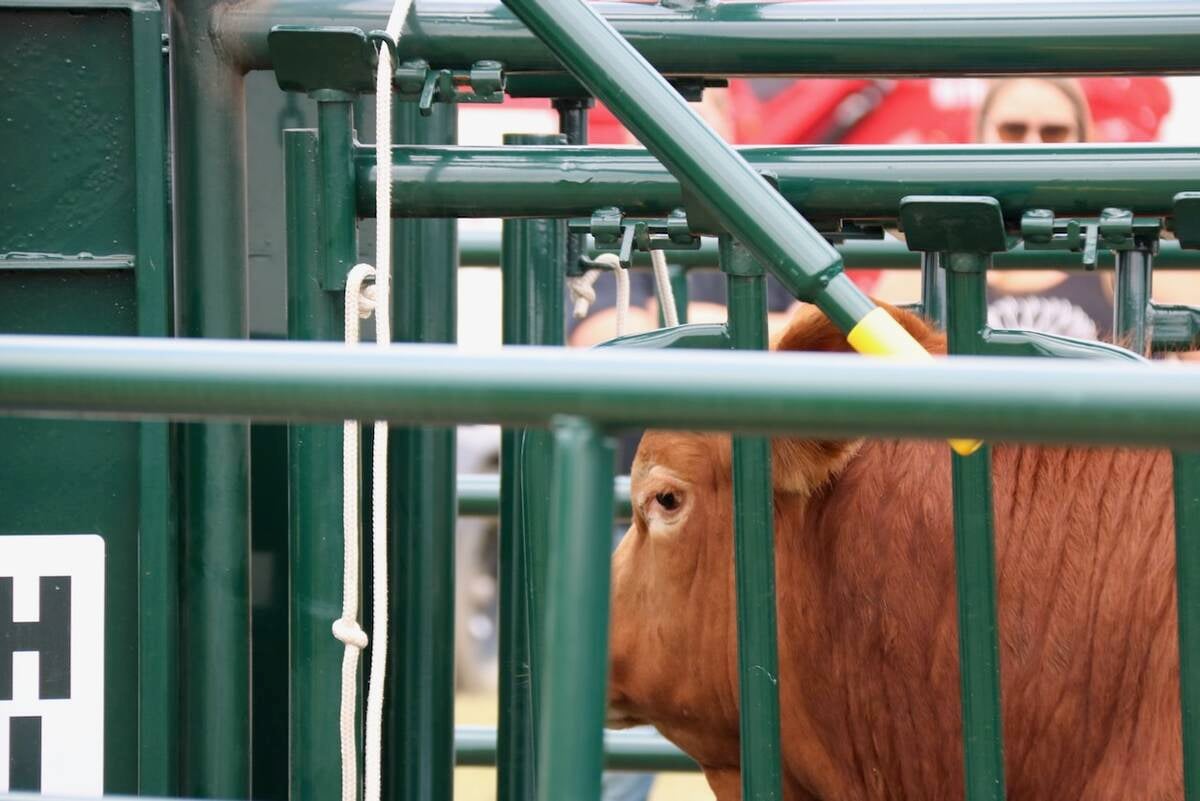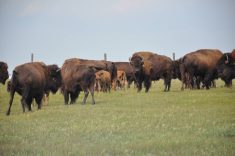Alberta is reviewing its 30-year-old animal protection act.
The public and provincial humane societies have been invited to comment on the legislation by Sept. 15. Once the comments are reviewed, a further consultation may be needed in October with a final act expected to be in place in 2005.
The revised legislation may take some components of other acts that relate to animal welfare, including provisions for transportation or dealing with strays, said provincial animal welfare specialist John Church.
“There are a few groups out there that have said they would like to see some improvements made or some clarity provided back in 2001 when we did a provincial review of livestock protection in Alberta,” said Church.
Read Also

Good handling equipment a must on cattle operations
It’s important for the safety of producers and everyone else dealing with their stock that handling equipment is functional and safe.
The act could change definitions and provide broader powers to protect animals in distress.
“Right now, animal is defined as any vertebrate, not human. I’m not sure if that is appropriate,” Church said.
The act protects all animals from distress except wildlife. It does not deal specifically with handling downed livestock, but the amendments could revise the definition of distress and penalties for harming animals. The current act allows courts to fine up to $20,000 and restrict an individual from owning an animal.
An animal is in distress if it does not have adequate food, water, care or shelter, is injured, sick, in pain or is abused or neglected. However, the law also says an animal is not considered to be in distress through reasonable and accepted methods of animal husbandry like branding, castration or slaughter.
The new act may also allow peace officers to inspect premises without a warrant if animals are believed to be in distress.
Most provinces have animal protection acts with the exception of Quebec, the Northwest Territories and Nunavut. These areas rely on the federal criminal code to handle cases.















